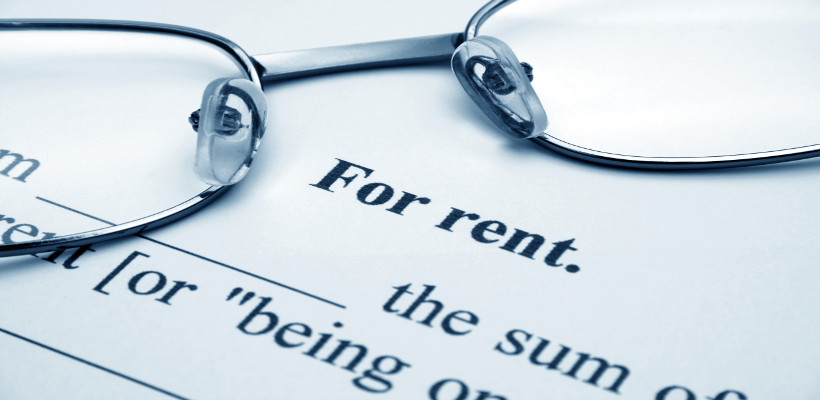
Defaulting on a lease in Texas is generally never an ideal situation. Breaking or abandoning a residential lease can have many adverse consequences including damage to credit and the inability to enter into a desirable lease in the future. Defaulting on commercial leases can have equally negative effects that could result in judgments against the business and any lease guarantors.
Despite the detrimental effects of abandoning a lease, there are certain times when a tenant may have no other option. External factors such as business failure may cause a commercial tenant to be unable to continue to pay rent under a lease. In the residential context, a loss of a job can cause a tenant to default as well.
In the event of a lease default, the question becomes what is the amount of tenant liability associated with the lease. Generally, a tenant is liable for the remainder of the rent on the lease subject to a landlord's duty to mitigate damages. Note that many leases drafted by landlords attempt to contractually waive a Texas landlord's duty to mitigate; however, a landlord is required to mitigate damages, and any attempt to waive a landlord's duty to mitigate in a lease contract is void. Tex. Prop. Code Ann. § 91.006 (West 2015).
Moreover, a landlord is required to "use objectively reasonable efforts to re-lease the premises to a tenant suitable under the circumstances." White v. Harrison, 390 S.W.3d 666, 675 (Tex. App.--Dallas 2012, no writ). If a landlord should not mitigate his damages, his recovery is precluded to the degree his damages could reasonably have been avoided. Hoppenstein Properties, Inc. v. Schober, 329 S.W.3d 846, 849 (Tex. App.--Fort Worth 2010, No writ).
It can be encouraging to a tenant to learn that the very harsh recovery of all sums owed under a lease is not properly the measure of damages in Texas. A landlord must mitigate.
All information provided on Silblawfirm.com (hereinafter "website") is provided for informational purposes only, and is not intended to be used for legal advice. Users of this website should not take any actions or refrain from taking any actions based upon content or information on this website. Users of this site should contact a licensed Texas attorney for a full and complete review of their legal issues.
